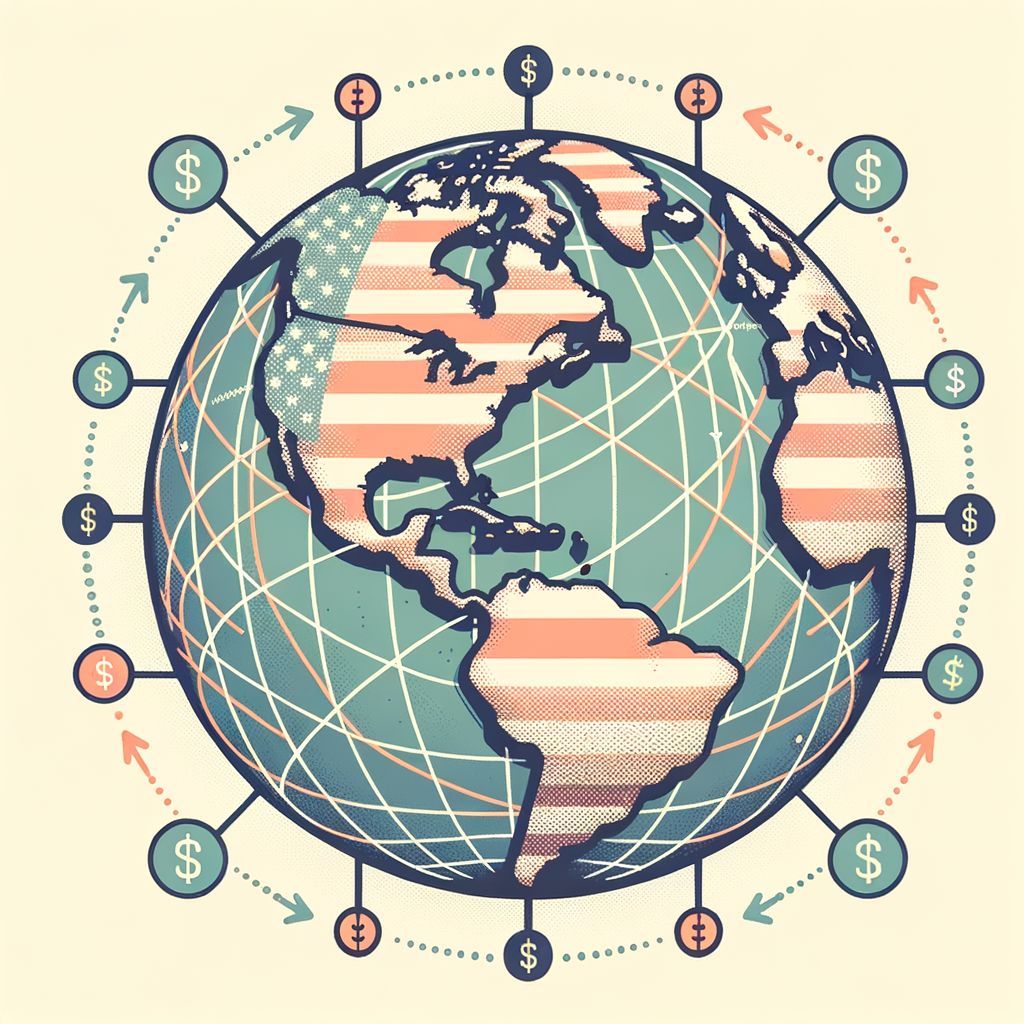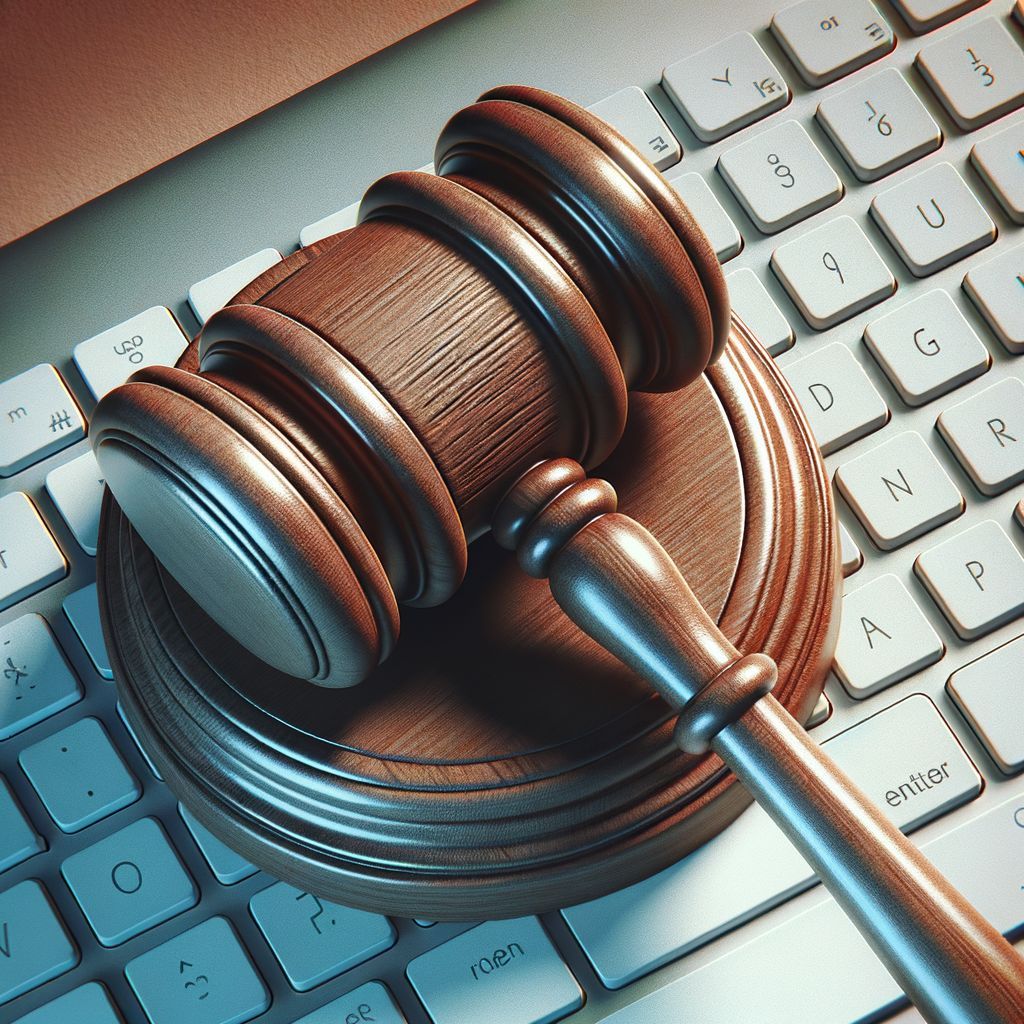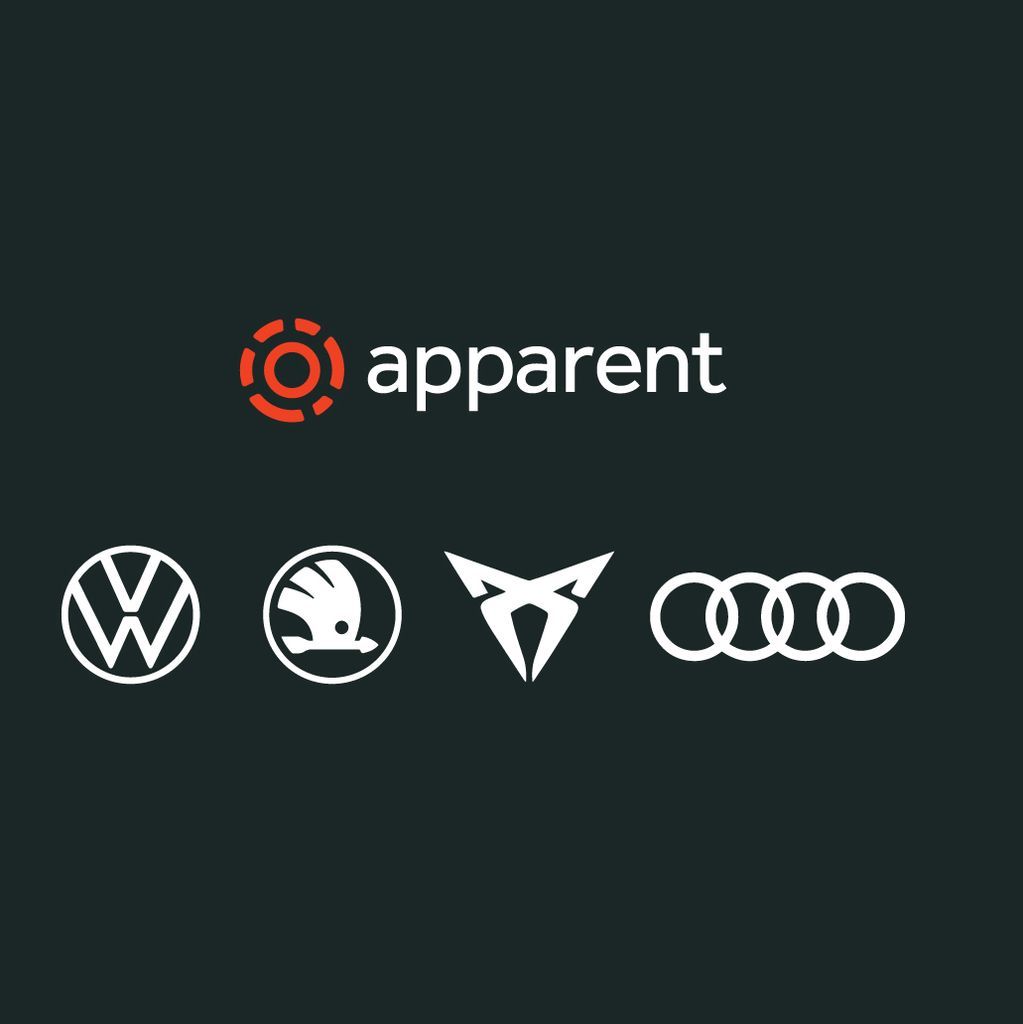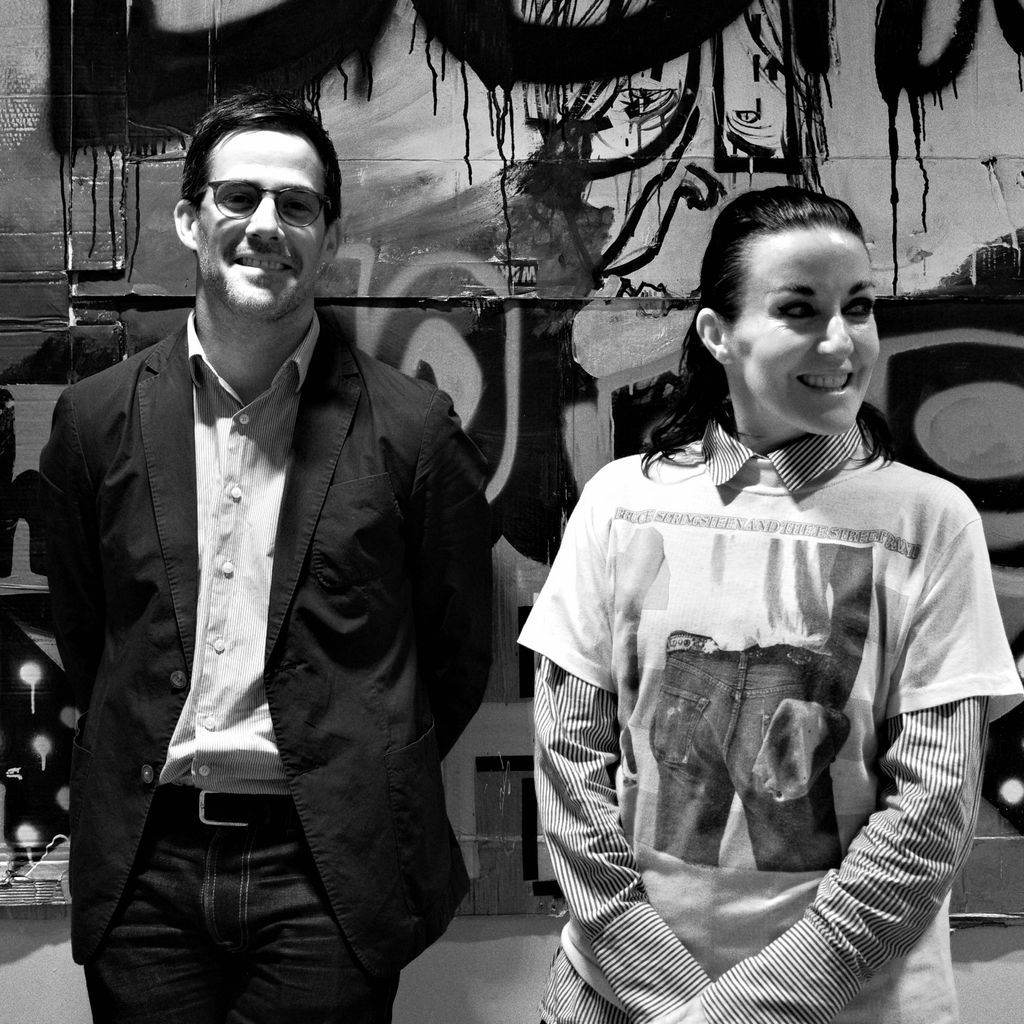
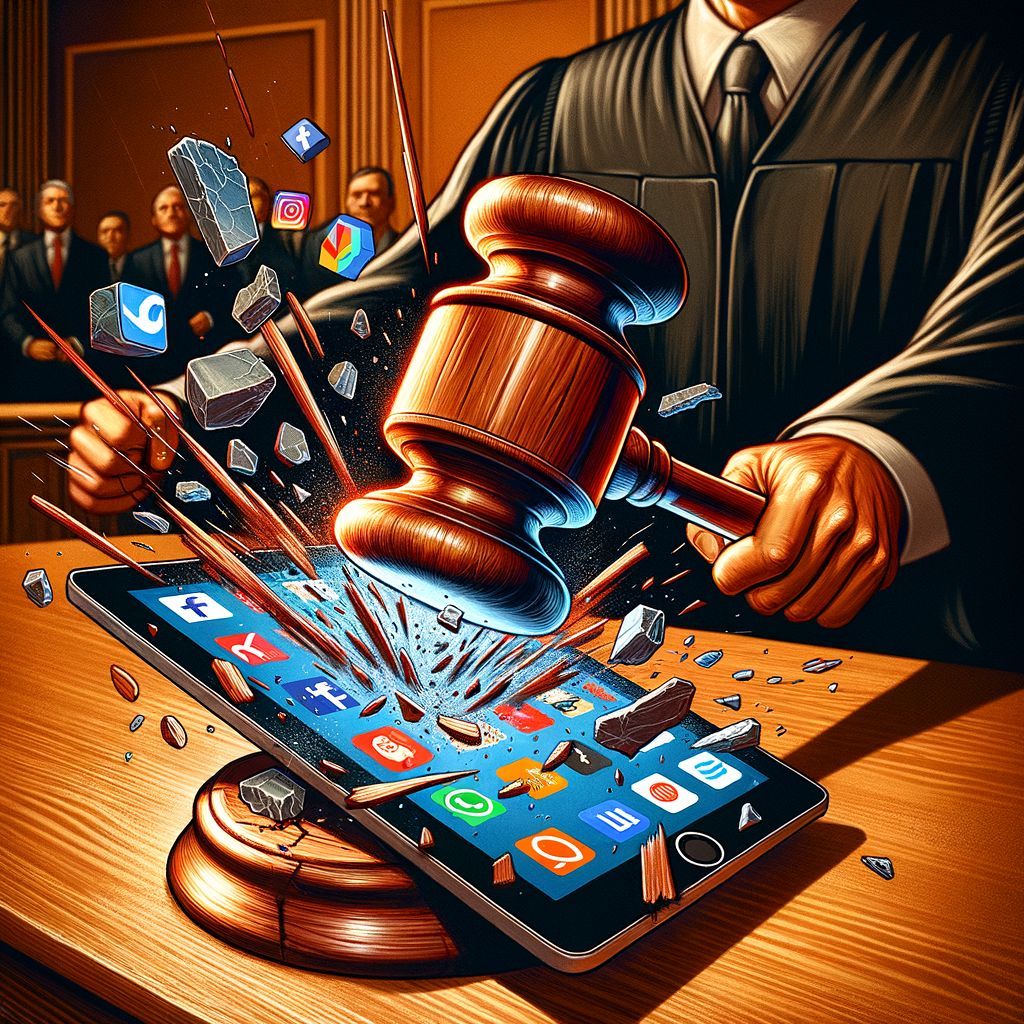
Image by DALL·E Pic: Midjourney
Editors' Note: Many Fast News images are stylised illustrations generated by Dall-E. Photorealism is not intended. View as early and evolving AI art!

Tech's shield is shattered,
A child's death sparks legal change,
Big Tech's future shakes.

US Court overturns Big Tech’s defamation liability protection; huge implications for Tiktok, X, and Meta
The controversial law that protects Big Tech from liability for defamation and other offences, Section 230, has been overturned by an American court overnight.
An appeals court made the decision in the case of 10-year-old Nylah Anderson, who hanged herself taking part in a dangerous Blackout Challenge she was recommended by TikTok.
The ruling heralds the first major challenge to the legal shield that has stood for 30 years, and which sceptics argue has given Big Tech a get out of jail free card to expand, and dominate the news industry with impunity.
Several kids died taking part in the challenge, reported Arstechnica overnight, but a previous attempt to prosecute the China-owned social network was blocked by lawyers citing Section 230.
The law states: “No provider or user of an interactive computer service shall be treated as the publisher or speaker of any information provided by another information content provider.”
The earlier case decided that even though TikTok encouraged children "to choke themselves with belts, purse strings, or anything similar until passing out", it was not responsible as it was just a platform, not a publisher.
This mirrors earlier cases involving Meta, Twitter/X and Craigslist who have used it to silence prosecutions over supporting terrorism, enabling massacres, and facilitating human trafficking.
Last night’s decision changed that. It says Section 230 cannot stop Nylah’s mother Tawainna and others from holding TikTok and other platforms liable for “knowing they were causing the death of children”.
Circuit Judge Paul Matey said TikTok knew about the dangers of the Blackout Challenge and “took no or completely inadequate action” in allowing it to be recommended to children.
Section 230 cannot shield tech from the “casual indifference to the death of a 10-year-old girl”, he said.
“The company may decide to curate the content it serves up to children to emphasise the lowest virtues, the basest tastes,” Matey wrote, “but it cannot claim immunity that Congress did not provide.”
Matt Stoller, an advisor to the US Senate and author of The Big Tech newsletter on Substack wrote: “Every big tech CEO is or will get a briefing from their panicked general counsel. Every law firm is likely writing a client alert about this opinion.
“Plaintiff lawyers are sharpening their pens and examining new legal theories to go after tech platforms. Academics are ripping up their lectures on internet law.
“Big tech-friendly scholars are very upset. Supreme Court watchers are or will consider when and how this gets to the highest court. It’ll take a few days, or maybe weeks, to internalise what just happened.”
- Reporting by Ricky Sutton


